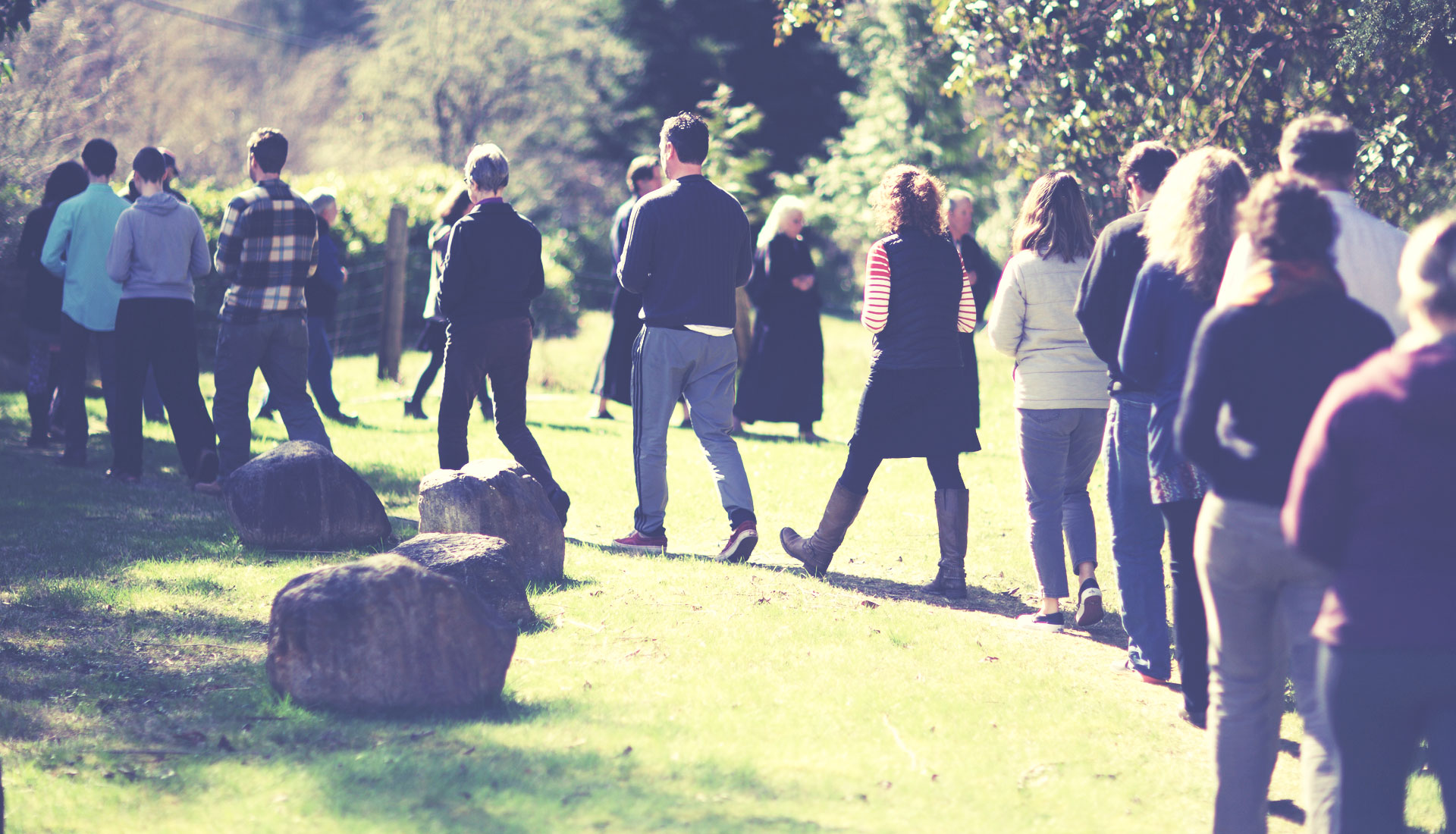Finding Real Freedom
This month in America we celebrate our freedom and independence. But according to Buddhism, we are not as free or as independent as we might think. Buddhism teaches that we’re bound by our habitual patterns of thought.
We humans have been handed the gift of thought, and we’ve run with it. Thought has allowed us to construct elaborate systems about all kinds of things – mathematics, music, politics, philosophy.
However, the gift of thought has a downside. Thought allows us to create a story about ourselves: we are this way, not that way; we are with this group, not that group. Thought gives us a fixed idea of our self, and then reinforces itself. Our story becomes more rigid, more concerned only with protecting itself, more focused on seeking pleasure and avoiding pain. Our self becomes isolated from the world around it.
In some religions the antidote to this existential isolation is to connect with God. In Zen, we practice losing our thinking selves for a time.
Without a thinking self, we can more readily see, feel, and intuit our world as it is, beyond the story of ourselves. Such a practice punctures that walled-off sense of self we’ve built. It lets things in. It allows the world around us to touch us in random ways.
When we sit quietly, we let in the birds and the cars. When we’re really quiet, for a time we become nothing but the bird sound, the car sound. The story of our self becomes broader; includes more. We become things beyond the control of our thinking self.
Sitting quietly we may realize we are in fact anger, sadness, joy, and many other things. We are someone who makes mistakes and someone who doesn’t. To quote Whitman, we contain multitudes.
Zen practice allows for a more spacious view of ourselves and of others. We are the fullness of ourselves. And we are everything we meet. Our thinking self doesn’t easily recognize that. But our non-thinking self feels it.
Sometimes we see freedom as the freedom to do what we want, when we want; as freedom to find agreeable circumstances and avoid disagreeable ones. But Rinzai tells us – “don’t be in the clutch of agreeable circumstances.”
Seeing through our rigid sense of self allows us to loosen that clutch, and to experience life in new ways. This is real freedom: to move through both agreeable and disagreeable circumstances; to have a self that readily expands to meet the whole world.
-Koshin Chris Cain is Abbot of the Puget Sound Zen Center





